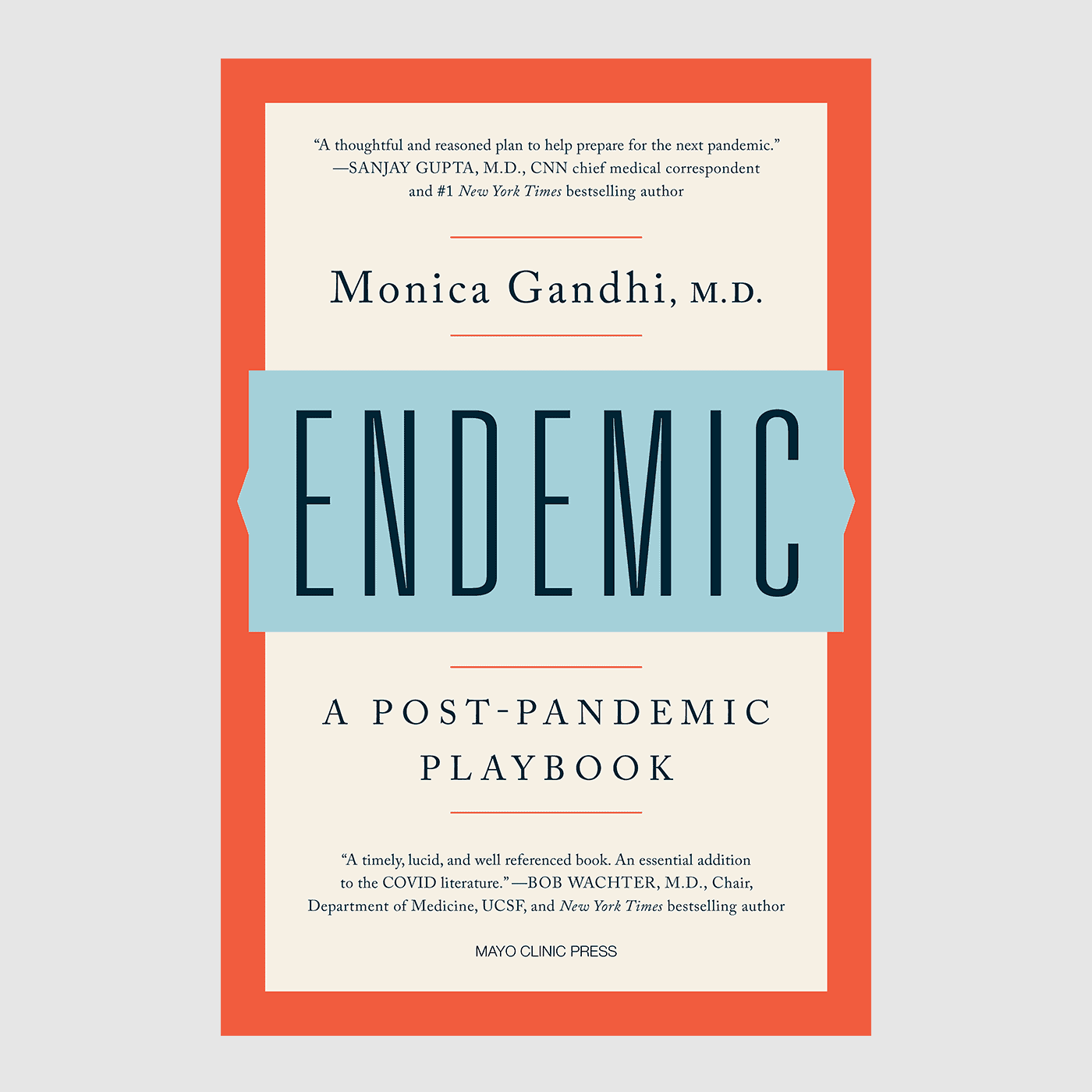
Mayo Clinic does not endorse companies or products. Advertising revenue supports our not-for-profit mission.
Tardive dyskinesia (TD) is a neurological condition that causes unwanted, repetitive movements in different muscle groups in the body. Unlike some other movement or tic condition caused by injury or genetics, TD is associated with the use of certain medications. These are typically a class of medications called antipsychotics that are used to treat certain mental health conditions, including depression, schizophrenia and bipolar disorder. Although, in rare cases, certain gastrointestinal medications can cause TD.
The severity of tardive dyskinesia can vary from person to person, according to Jonathan G. Leung, Pharm.D., R.Ph., a Mayo Clinic expert and psychiatric clinical pharmacist. Depending on the person, Dr. Leung says the symptoms of TD range from hardly noticeable to debilitating enough to prevent regular interactions, conversations and daily tasks. He adds that in some cases, TD may be reversible but other times permanent, and this highlights the importance of screening and early detection. If TD develops, a medication change may be helpful to prevent worsening or even reverse undesirable movements.
For people with TD, talking to loved ones about their TD can represent a challenging double bind. Given the nature of TD, it’s likely that your loved one will notice these movements and ask questions whether or not you are ready to talk about your TD. And because TD is a side effect of medications — often to treat highly stigmatized and misunderstood mental health conditions like schizophrenia — you may not know how someone will react to your disclosure.
Starting the conversation is hard. But remember — you deserve to seek and receive support and affirmation from the people in your life. Try the tips below to guide your conversations.
Consider your comfort level
Before jumping into a conversation, it’s a good idea to check in with yourself first. Are there certain ideas or experiences you’d like to communicate? Are you looking for help and support, or do you prefer to simply give a loved one an important health update? How comfortable are you discussing TD, and do you want someone else to know what causes the condition?
Taking time to consider your comfort level around certain conversation topics — and the level of privacy you’d like to maintain with certain people — can help you feel more prepared.
For example, if you’re not ready to tell a loved one about your mental health condition or the type of medication causing your movement disorder, you may opt to say something such as, “I have developed a neurological condition that causes unwanted, involuntary movements. It is a serious side effect of an important medication, and I’m working with my healthcare team to address it.” With other people, you may decide to be more open about your condition or give more context or talk about how you’re handling these changes emotionally.
It’s also appropriate to tell people how, exactly, to best support you. Do you need someone to simply listen? Do you want to be reassured? Is it helpful or offensive to use humor to cope with your struggles? Do you want help with errands or other tasks?
Finally, it’s a good idea to consider where your firm boundaries around privacy may lie. If you aren’t willing to discuss a certain aspect of your condition, medication or treatment plan, consider a firm, but gentle phrase such as, “I’m not ready to talk about that yet, or I really appreciate the concern, but I don’t want to talk about those details.”
Don’t be afraid to open up
Although caution, comfort and privacy are certainly important, you may be surprised by how good it feels to open up to a trusted friend or family member.
Dr. Leung says it’s not uncommon for people with tardive dyskinesia to experience embarrassment over their symptoms — to the point they avoid daily activities, socializing or leaving the house. Talking about the emotional side of your condition and the ways it can interfere with your quality of life can take away some of the power that shame or embarrassment may hold over you. By acknowledging these feelings, you and your loved ones can begin working toward solutions. Perhaps a loved one can accompany you on some errands, plan to go for coffee once a week or accompany you to an appointment.
Additionally, Dr. Leung says your loved ones can play an important role in monitoring your condition or observing an increasing or decreasing severity of your movements. You can also lean on your chosen people when it comes to managing your treatment plan and processing the emotional impacts (and frustrations) of navigating the healthcare system.
Offer accurate, digestible information on your condition
It’s likely your loved ones will have questions for you, which may be personal, practical or medical. Getting on the same page about your condition — and learning to parse through important medical information — can help your loved ones understand what you’re experiencing and dispel any misconceptions.
There are a number of ways you can have this conversation, and the way you manage this will likely depend on the other person. You may, for example, have a deeper, in-person conversation with a parent. You may ask a partner to accompany you to a doctor’s appointment so that your healthcare team can answer your partner’s medical questions about your condition. You may also send a text or email with some articles or other resources so that your network can get accurate information to jump-start a conversation. For many people, talking about their health or chronic condition can be both affirming and exhausting — consider how you can get your loved ones up to speed without having to necessarily educate every single person directly.
To get you started, consider sending a general resource, such as Mayo Clinic’s overview on movement disorders, or a basic TD explainer from the National Alliance on Mental Illness. For some people, this may also involve sending information about mental illness like schizophrenia. The World Health Organization (WHO) may be a good place to start.
Ask for help — from friends, family and your healthcare team
Your healthcare team, family and friends can help you not only identify the kind of support you may need but also help you access resources and opportunities for care in your area.
“While TD can be embarrassing and impact your daily life,” Dr Leung says, “don’t be afraid to ask for help, including prevention plans and treatment options. There are specific, Food and Drug Administration (FDA)-approved medications for TD that might be an option for you.”
Mayo Clinic does not endorse companies or products. Advertising revenue supports our not-for-profit mission.

Relevant reading
Endemic
A manifesto and action plan for future pandemics.




















